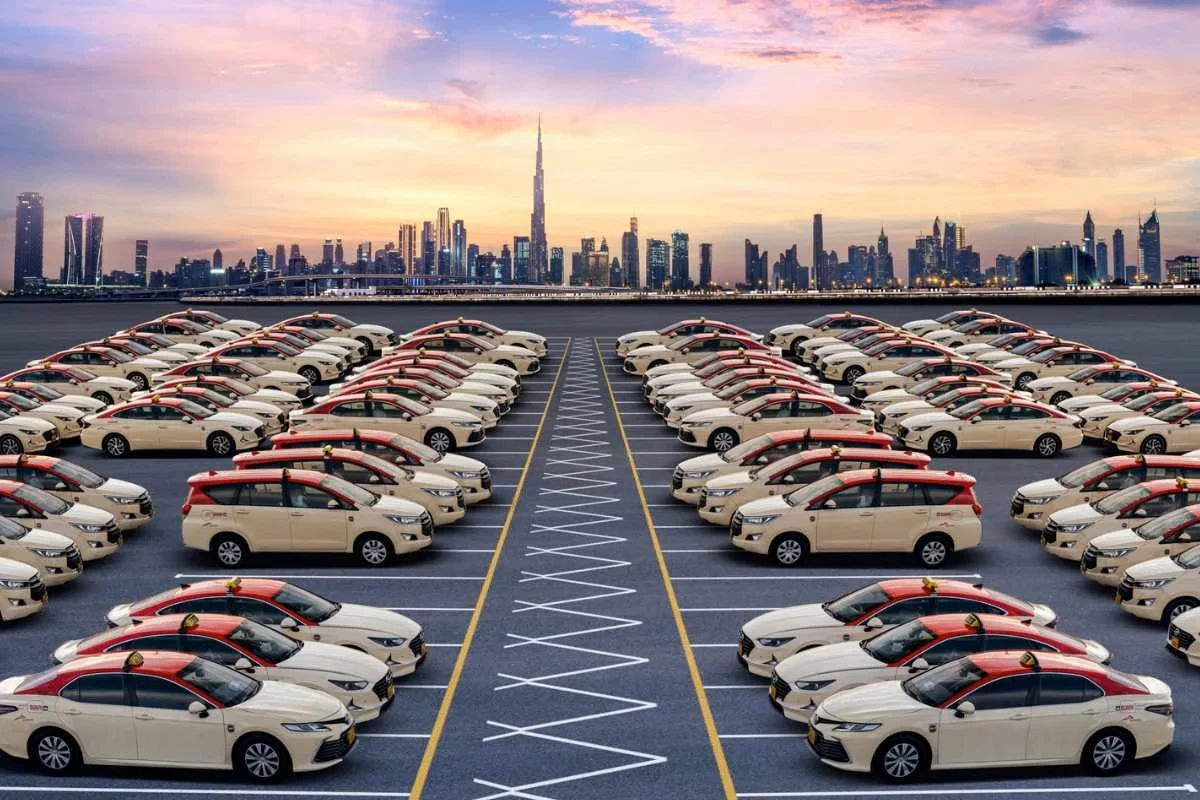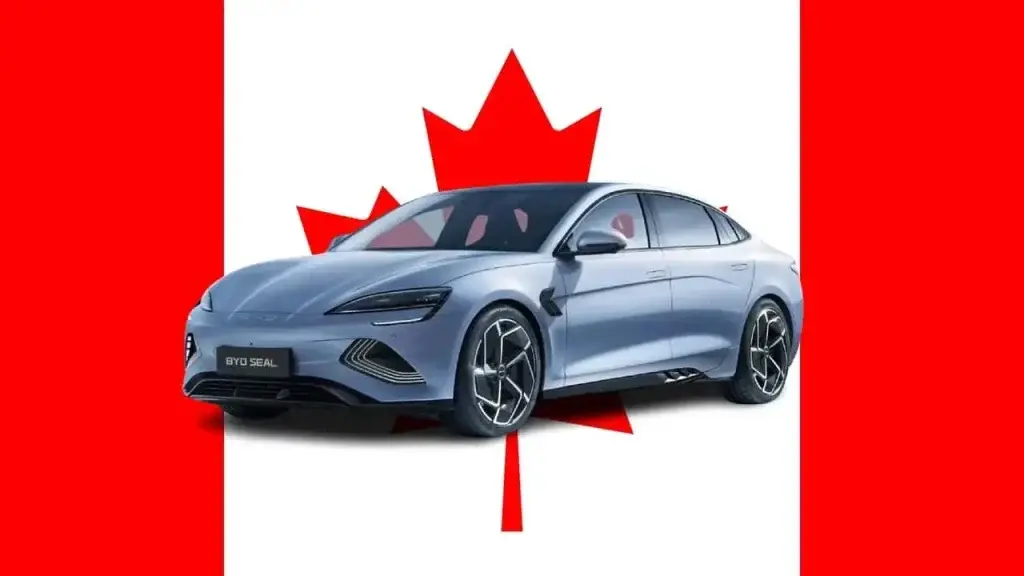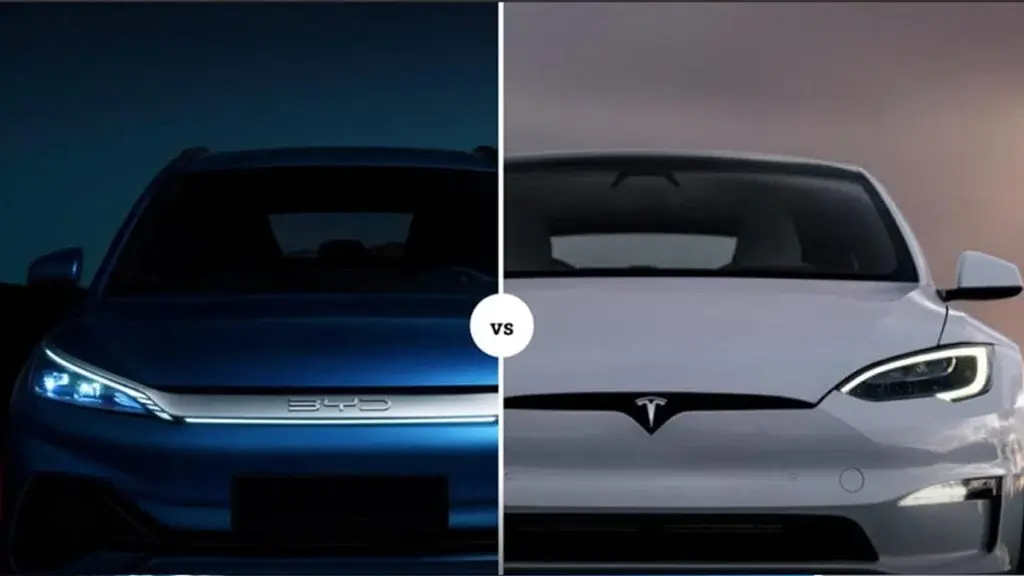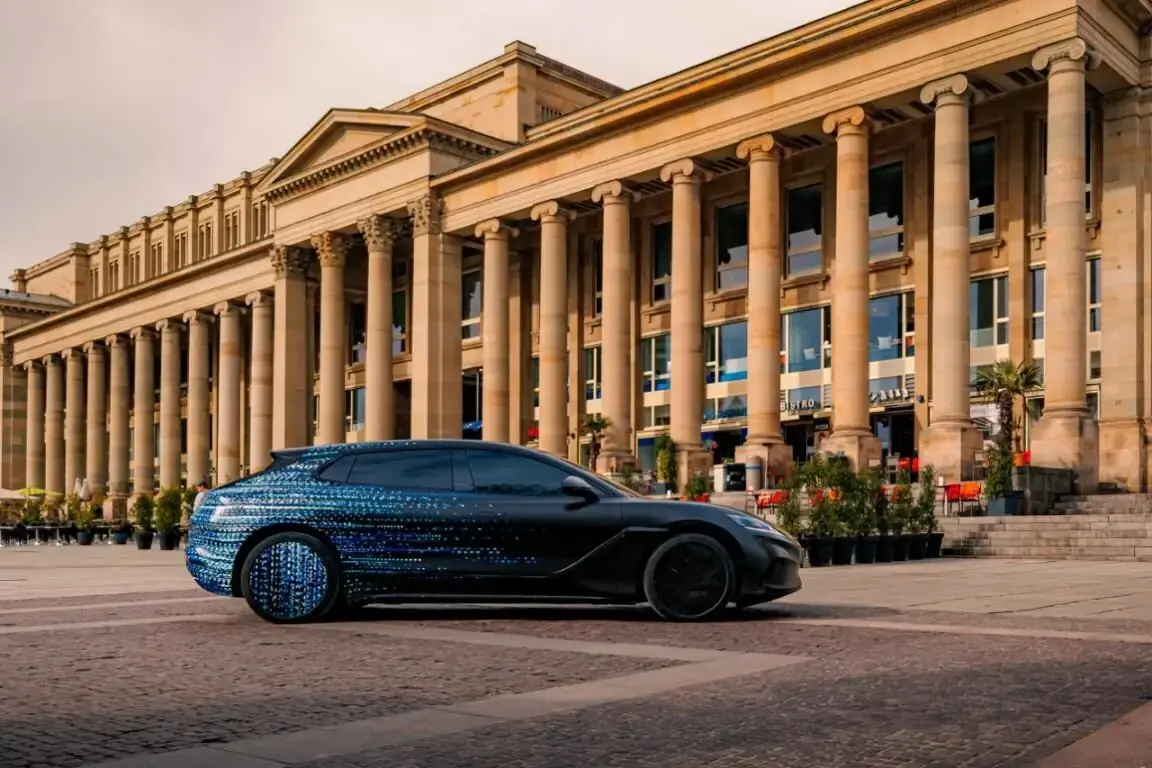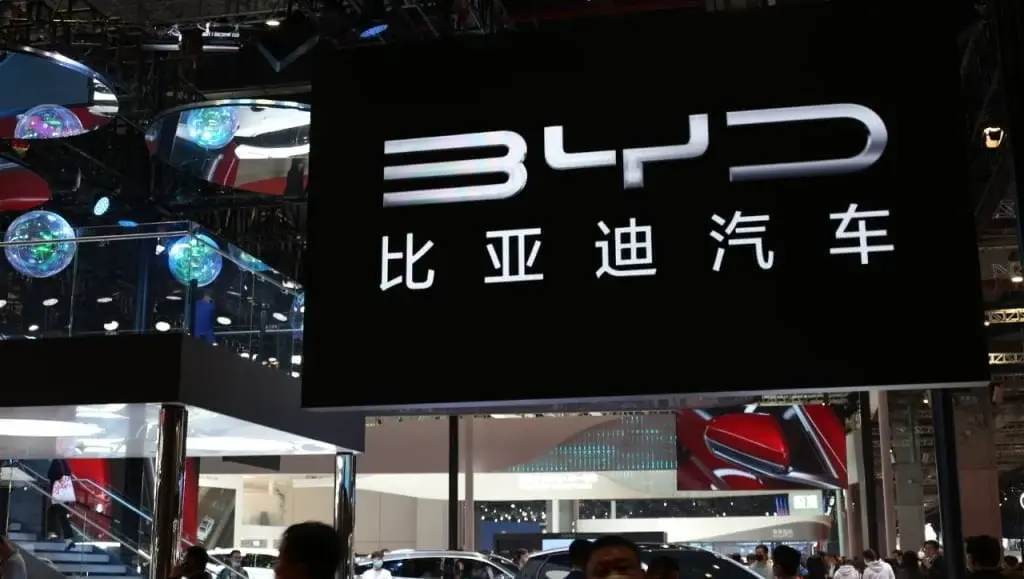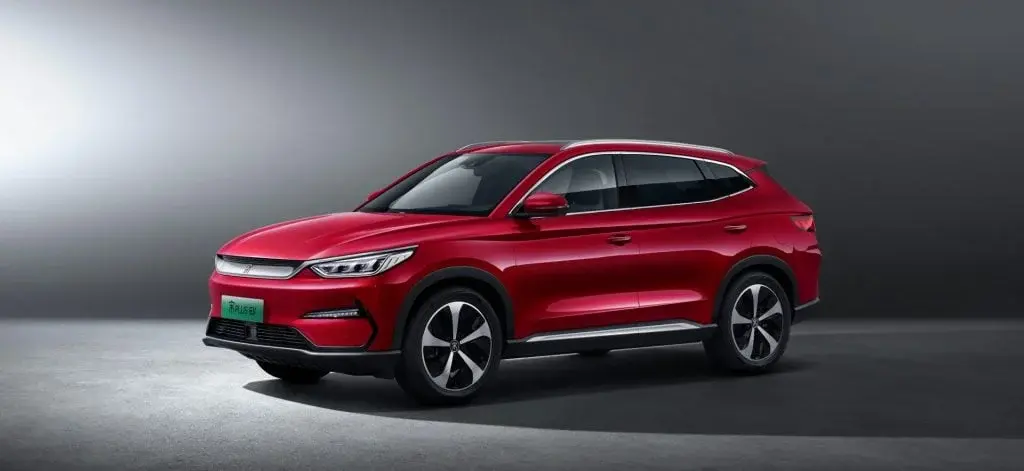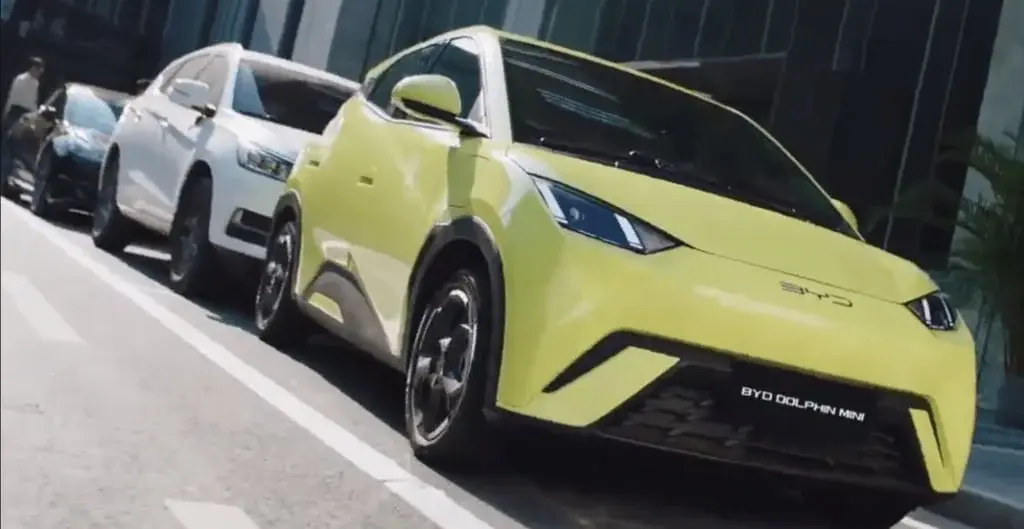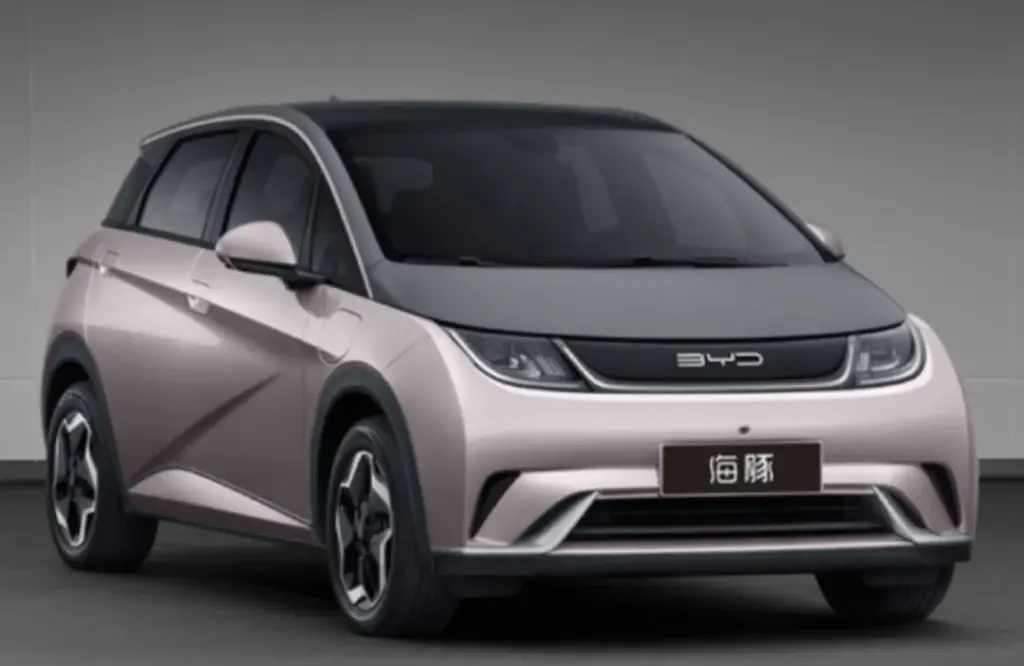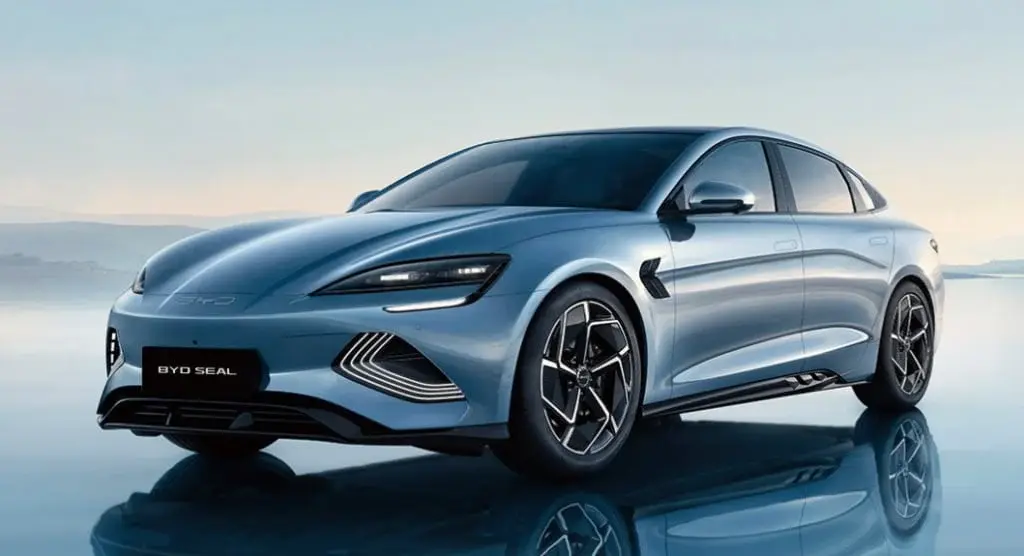Key Takeaways
1. Dubai Taxi Company (DTC) has partnered with BYD to introduce 200 electric BYD Seal taxis.
2. DTC aims for a fully electric taxi fleet by 2040, supporting Dubai’s goal of net-zero emissions by 2050.
3. Currently, 86% of DTC’s taxi fleet is eco-friendly, with over 9,000 vehicles in operation.
4. The BYD Seal can travel up to 600 km on a single charge and has impressive acceleration capabilities.
5. DTC has previously added electric taxis to their fleet, including 250 in late 2024, and other companies have also introduced Tesla models to their services.
If you’re thinking about a trip to Dubai, it’s likely you’ll find yourself riding in an electric taxi made by BYD. The Dubai Taxi Company (DTC) has inked a deal with the Chinese electric vehicle manufacturer to provide 200 BYD Seal taxis that run on batteries.
Aiming for a Green Future
DTC has set an ambitious goal to have a fully electric taxi fleet by 2040, aligning with Dubai’s broader commitment to achieving net-zero emissions by 2050. Currently, they state that 86 percent of their taxis are eco-friendly. The company operates a fleet of over 9,000 vehicles.
Impressive Vehicle Specifications
The BYD Seal is a battery-powered sedan that can travel as far as 600 km on a single charge. It features a cell-to-body design that incorporates the battery into the car’s structure, enhancing both safety and efficiency. Although DTC hasn’t disclosed which model of the Seal they are purchasing, the rear-wheel-drive (RWD) version can go from 0 to 100 km/h in 5.9 seconds. If you’re in a hurry, the all-wheel-drive (AWD) version can do the same in just 3.8 seconds, making it perfect for quick trips between sightseeing spots.
Progress in Electric Transportation
Dubai already has taxis that produce zero tailpipe emissions. In late 2024, DTC added 250 electric taxis to their fleet. The largest taxi service, Economic Group Holdings, through its Arabia Taxi division, bought 269 Tesla Model 3s in 2023. Additionally, the Dubai Roads and Transport Authority (RTA) introduced 172 Teslas, which included the Model S, Model X, and Model 3, back in 2017.
Source:
Link

